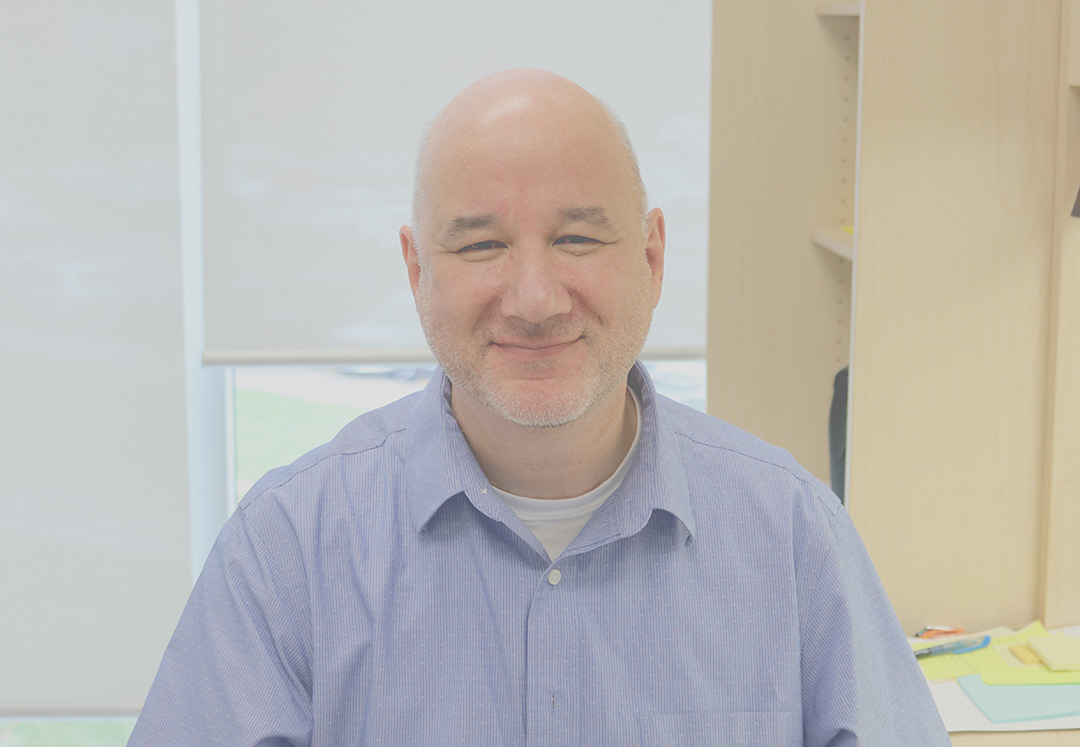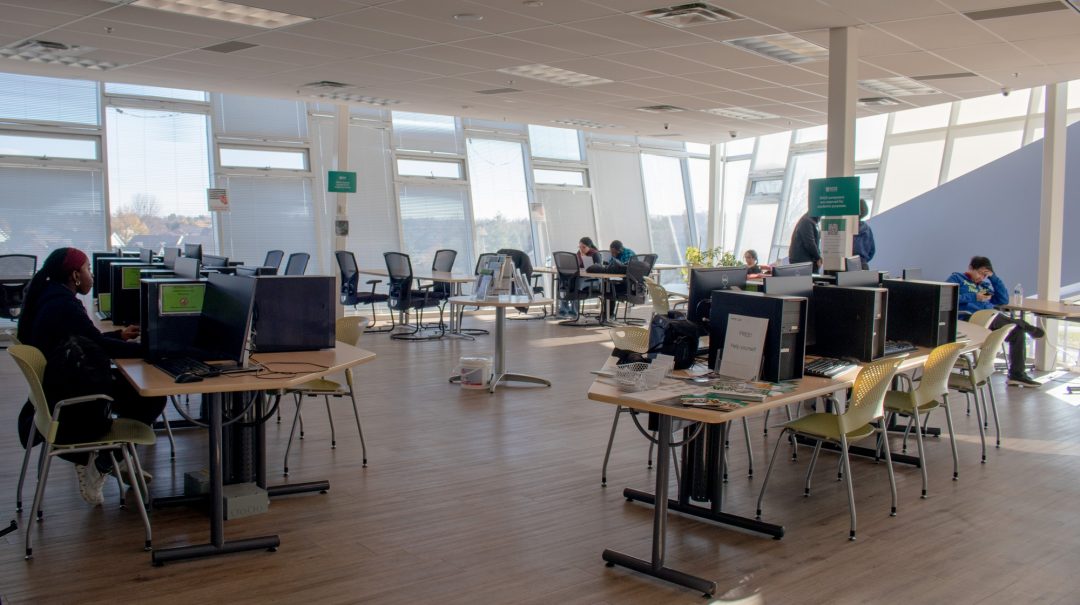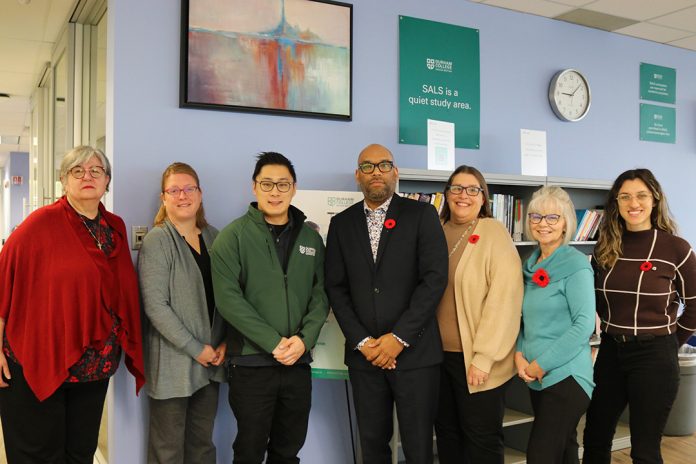Durham College’s one-of-a-kind integrated support centre for students, Student Academic Learning Services (SALS), helps students navigate the demands of their programs without additional fees.
Originally established as the Learner Support Centre over a decade ago, SALS began with just five employees but has now grown to 11.
Eric Gustavsen, an ESL specialist at SALS, said the service stands out among Ontario’s 24 colleges for its integrated and comprehensive approach. “A lot of times, colleges will provide a peer tutoring service or a writing centre, but not where everything is combined into one,” he said.

At SALS, students have access to a wide range of resources, including subject-specific help from learning specialists and peer tutors who are also students themselves.
Jerome Cawley, the manager of SALS, elaborated on the breadth of services available to students. “Students have access to workshops, course-specific tutorials, drop-in sessions, and SALS Online, which offers modules on time management, academic integrity, and more,” Cawley said.

SALS Online is particularly valuable for students needing guidance outside regular hours. The centre also provides a welcoming physical environment with spaces for both individual study and group work.

Cawley explained that the centre is designed to support all students, offering strategies any student can use to enhance their learning and success, not just those who are struggling.
SALS plays a crucial role in Durham College’s retention plan, ensuring students don’t leave due to academic challenges. To further enhance their services, SALS is currently working on obtaining College Reading and Language Association (CRLA) certification for their peer tutors. “We are ensuring that we are adhering to best practices in terms of how we set up the infrastructure of our peer tutoring program that’s going to be a benefit to the institution and also benefit to our peer tutors,” Cawley said.
This certification process involves 10 hours of training and 25 hours of work time within the centre, providing peer tutors with best practices and key competencies sought by employers.
Looking to the future, SALS is developing a booking system to improve student engagement and experience, making it easier to schedule appointments with specialists and peer tutors or book study rooms. They are also introducing a program called Academic Essentials, designed to help students adapt effective learning strategies and practical skills for success in their programs before the semester begins.
The impact of SALS is evident in student testimonials. Lydia Duncan, an international student returning to education after 20 years, found SALS invaluable in adapting to the Canadian education system. “They were advising us that SALS can help us if we have any academic requirements. So that’s why I reached out to them to help me brush up on my computer skills, writing skills,” she said.

She added that SALS helped her not only improve her computer literacy but also assisted with time management and citations, all of which proved incredibly beneficial for her academic journey.
Duncan’s story is not unique. Many students have benefited from SALS’ support. “We hear testimonials from students where they tell us that without this service, they might not have been able to make it through their program,” Gustavson said.
Recognizing that seeking help can be difficult, Gustavson encourages students to take that crucial step. He acknowledged that “there is risk involved when you reach out for help and you don’t know what’s going to happen,” but emphasized the importance of overcoming this hesitation so students can access the support they need.
“We love seeing them achieve their goals,” Gustavson said.




